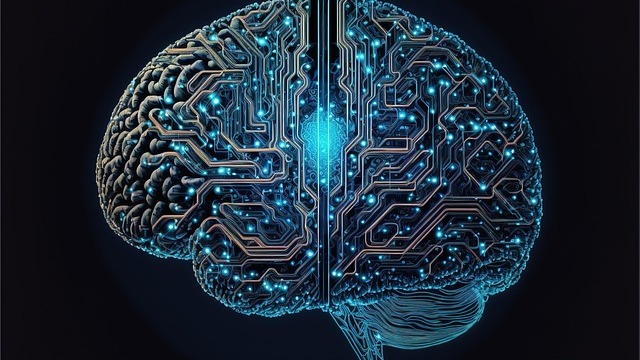
AI in HR: Transformative Potential and Responsibilities
Artificial Intelligence is reshaping workplaces in unprecedented ways, especially within human resources. From AI-driven resume screening tools to intelligent scheduling assistants, organizations are harnessing the power of AI to streamline HR processes and enhance employee engagement. But what do these advancements mean for CHROs and Chief People Officers who are navigating this rapidly evolving landscape? The right implementation of AI can foster a productivity boost and empower high-performing teams, but it also comes with a responsibility to address ethical concerns and compliance challenges.
Unpacking AI's Capabilities and Limitations
AI offers exciting opportunities to boost efficiency; however, understanding its limitations is vital. While AI can accurately analyze candidate data and conduct initial screenings, human oversight remains crucial. CHROs and VPs of Talent must ensure the technology supports rather than replaces the human touch that drives employee engagement and cultural cohesion. As we move forward, the AI tools introduced into HR operations need to be balanced with transparent practices that prioritize inclusivity.
Emerging Trends in Workforce Strategies
As businesses adapt to these AI technologies, several trends are shaping the future workforce strategy. For instance, the rise of hybrid workplaces requires a new approach to measuring employee performance and engagement. By leveraging AI analytics, organizations can gain real-time insights into employee productivity and satisfaction, allowing for proactive adjustments to team dynamics and resource allocation. Furthermore, compliance with ever-changing regulations surrounding AI usage in hiring processes needs to be a top priority to avoid any potential pitfalls.
Future-Ready Strategies for HR Leaders
As the landscape of talent management continues to change, CHROs must leverage AI strategically. This means not only adopting new technologies but also aligning them with organizational culture and employee development goals. Investing in training for HR teams on the effective use of AI tools while cultivating empathy and interpersonal skills remains essential. Transformational success lies in creating an organizational culture that embraces innovation while keeping people at the forefront of strategic decisions.
In conclusion, the integration of AI in HR practices provides a myriad of benefits but also creates complexities that require careful navigation. To thrive in this new era, leaders must stay informed about advancements in technology, understand their implications, and adopt a proactive approach to both employee engagement and compliance. Empower your teams with the right tools and strategies, and watch innovation unfold.
 Add Row
Add Row  Add
Add 




 Add Row
Add Row  Add
Add 

Write A Comment